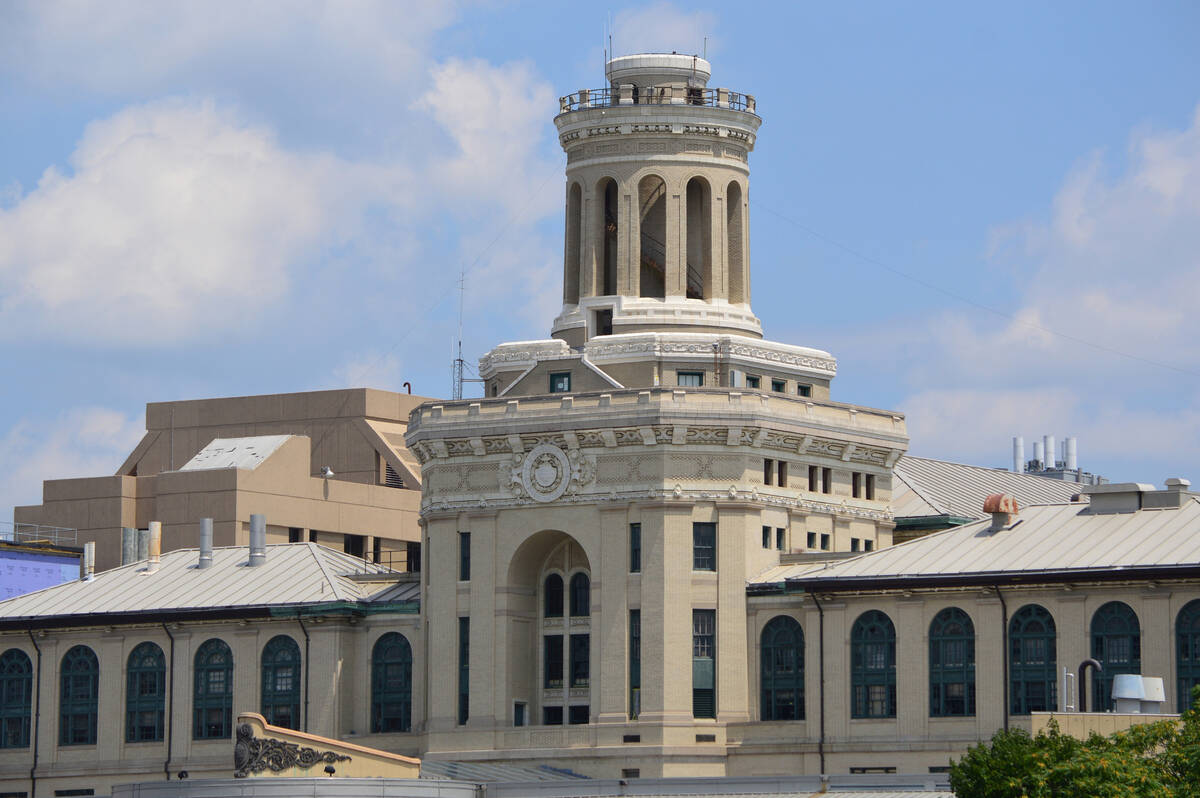Pittsburgh college confronts student tension over Israel-Hamas war
At the beginning of this semester, Dan Lehavi, a freshman at Carnegie Mellon University, didn’t think about his safety as a Jewish student on campus.
But then Hamas terrorists launched a bloody attack on Israeli men, women and children on Oct. 7. Suddenly, as millions of people around the world processed the violence, Lehavi watched antisemitic words and actions start occurring at college campuses across the country, including CMU.
Now, Lehavi forces himself to “be aware” when he walks around campus. Many times, he’s considered putting away his Star of David necklace. Before the Hamas attack, he never thought about taking it off.
“To be a Jewish college student in America right now is to be afraid,” said Lehavi, who speaks Hebrew and has an Israeli father. “It’s to think twice. It’s to always be on guard. It’s frankly to do things that a college student should never have to do.”
The Oct. 7 terrorist attack sparked the Israel-Hamas war in Gaza. Thousands of Israelis and Palestinians have died in the Middle East conflict that has sprouted division on college campuses across the U.S.
Vigils, protests and posters in support of either Israel or Palestinians have swept across schools as students weigh in on the war.
One in five college students sympathize with Hamas, and 12 percent of students feel little or no sympathy for Israeli civilians, according to a survey of over 600 college students from the online magazine Intelligent.
Reports of antisemitic words and actions are skyrocketing.
At Cornell University, a junior was arrested after making violent antisemitic threats online. At a New York City college, Jewish students took refuge in a library while a crowd of pro-Palestinian protesters pounded on locked doors. And at the University of Pennsylvania, antisemitic emails and messages projected onto the sides of buildings made their way around campus.
Instances like these, and hundreds of others across the country, prompted the White House to urge universities to protect their Jewish students.
At a pro-Palestinian rally held on CMU’s campus on earlier this month, students and community members chanted, “Globalize the intifada,” a phrase that calls for a Palestinian uprising and is understood by many Jews to be a call for violence against Israelis or Jews. Those at the rally also shouted, “From the river to the sea, Palestine will be free,” a cry that many hear as a call for the removal of Jews from the disputed land in the Middle East.
The CMU protest, one of many that occurred at campuses across the country that day, coincided with the 85th anniversary of Kristallnacht, a pogrom against Jews carried out by Nazi Germany in 1938 — timing that many in the Jewish community saw as significant.
A day after that protest, CMU President Farnam Jahanian released a lengthy statement that condemned antisemitic phrases and slurs, including the “from the river to the sea” chant. He also condemned slurs against Arab and Muslim students.
“While I rarely comment on language used in the pursuit of free expression, I need to call out the deep pain and fear that these words and phrases can cause,” part of Jahanian’s statement reads. “Even when language may be protected under our policy on free speech, it still has the power to create fear of antagonism and violence.”
Julius Arolovtich, a CMU sophomore studying robotics and electrical and computer engineering, hears the chants and shouts as calls for violence against Jews.
“Jewish students’ safety is being sacrificed in the name of discourse, but this is no discourse, this is incitement to violence,” said Arolovitch, who was born in Israel and grew up in Boston. “This, thus far, has been the culmination of events on CMU’s campus, and none of us knows what comes next. No Jewish student does, and reasonably can, feel safe.”

















